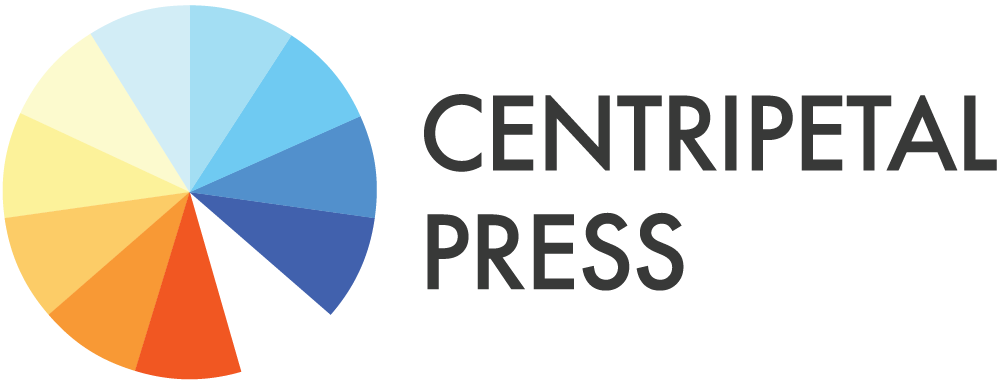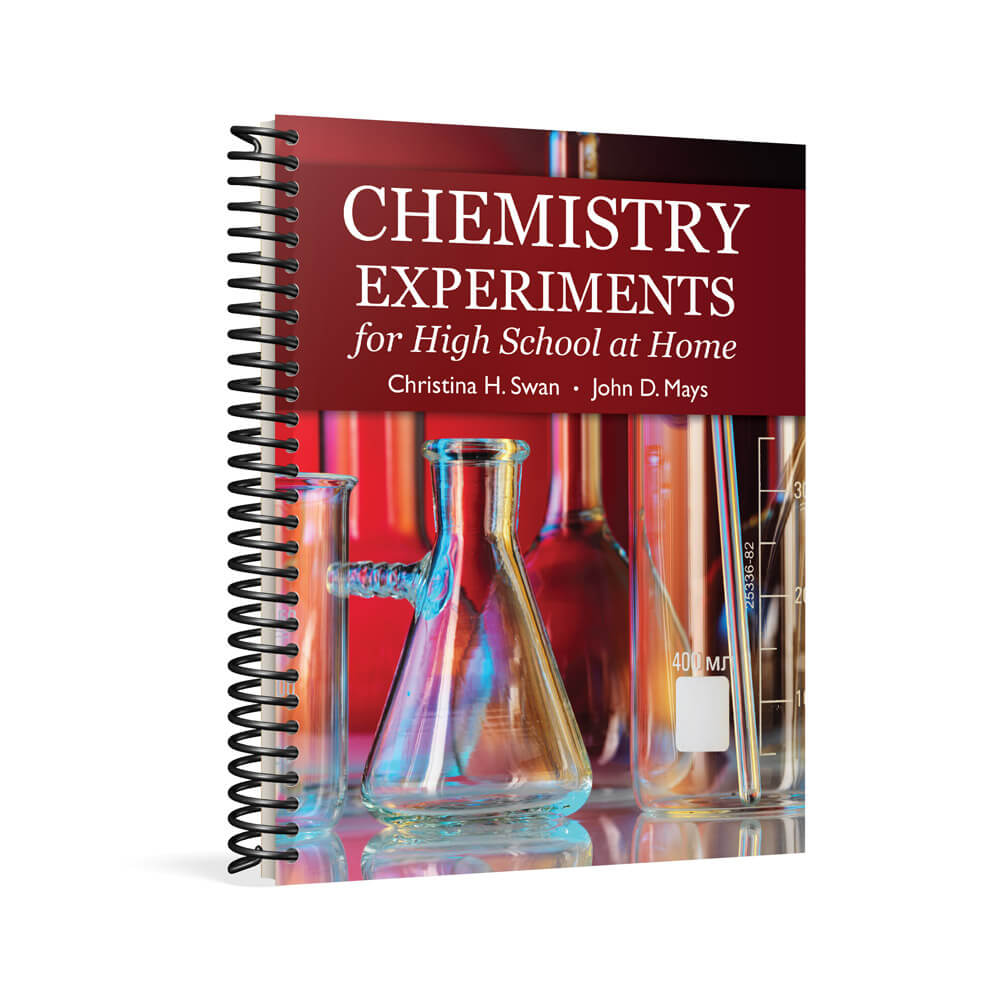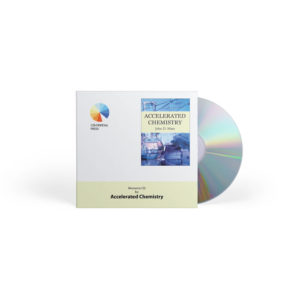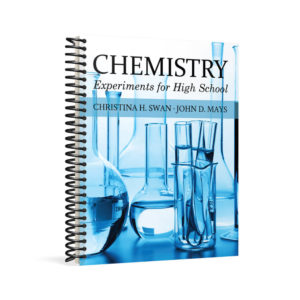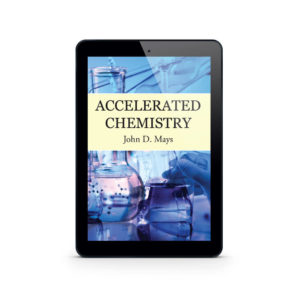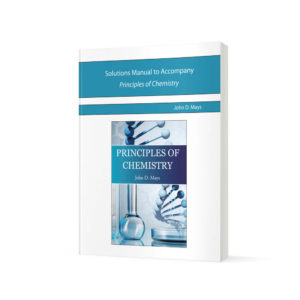Chemistry Experiments for High School at Home
19 chemistry experiments for contexts where standard facilities are not available. No more “magic shows.” Experiments are designed to provide real-world lab experience and illustrate principles from CP textbooks in a context where standard lab facilities are not available.
ISBN: 978-0-9904397-7-6
Description
** Note: This book is produced by print-on-demand service and may take 2-4 weeks to ship.
View Errata | View Tips and Tools
Where No Laboratory Facilities Are Available
In-home settings or schools without standard lab fixtures (gas jets, vent hoods etc), conducting effective chemistry experiments is a challenge. Many publishers make experiments so “easy” that the chemistry principles in focus are not well illustrated. Oftentimes, the learning goal is absent or unclear. The student may end up performing steps that she doesn’t understand to witness a chemical reaction that she also doesn’t understand. Educators may see no other option but to resort to “easy” experiments using household items.
The result can quickly become little more than a magic show. Students mix ingredients and watch the effects, but are not taught real chemistry. The chemicals, procedures, and equipment often bear little or no resemblance to what a real chemist would use, and they do not prepare students for the rigors of their college science courses.
Student Centripetal Press has the goal of helping educators of all sorts implement an excellent science education program. In the chemistry lab, this means bringing students into the real chemist experience. It requires effort, skill, and patience – learning and observing universal safety procedures, use of correct terminology, use of apparatus, skills of measurement, recording, documentation, cleanup and waste disposal. The best-educated students will also take some time to learn the background of an experiment, how to analyze results, and how to write a premier lab report.
Chemistry Experiments for High School at Home is a student manual designed to bring top-quality chemistry experiments to the context where standard lab facilities are unavailable. Equipment and procedures are modified without losing the essential educational value. This book has low-cost alternatives to expensive equipment and recommendations for procuring small quantities of chemicals.
Each experiment includes Learning Objectives, Text Connections (for Principles of Chemistry and Accelerated Chemistry textbooks), Lab Skills Focus, Materials and Apparatus List, safety issues, Background, Procedure, as well as any special waste disposal matters. Pages are perforated so that students can remove the Short Form Report Sheets for each experiment.
Experiments:
- Measurement of Physical Properties
- Separation of Components in a Mixture
- Flame Texts and Metal Cation Identification
- Determining the Empirical Formula of a Copper Chloride Hydrate
- Activity Series
- Limiting Reactant and Percent Yield
- Intermolecular Forces
- Molarity
- Mole Amount of Gas
- Metathesis Reactions
- Acid-Base Titration
- Effectiveness of Antacids
- Calorimetry and Hess’ Law
- Rate Law Determination for the Acid-Catalyzed Iodination of Acetone
- Titration Curves and Ka
- Determination of the Percentage of Iron in Iron Supplements—Redox Titration
- Electrochemical Series
- Synthesis of Aspirin
- Calorimetry of Organic Compounds
